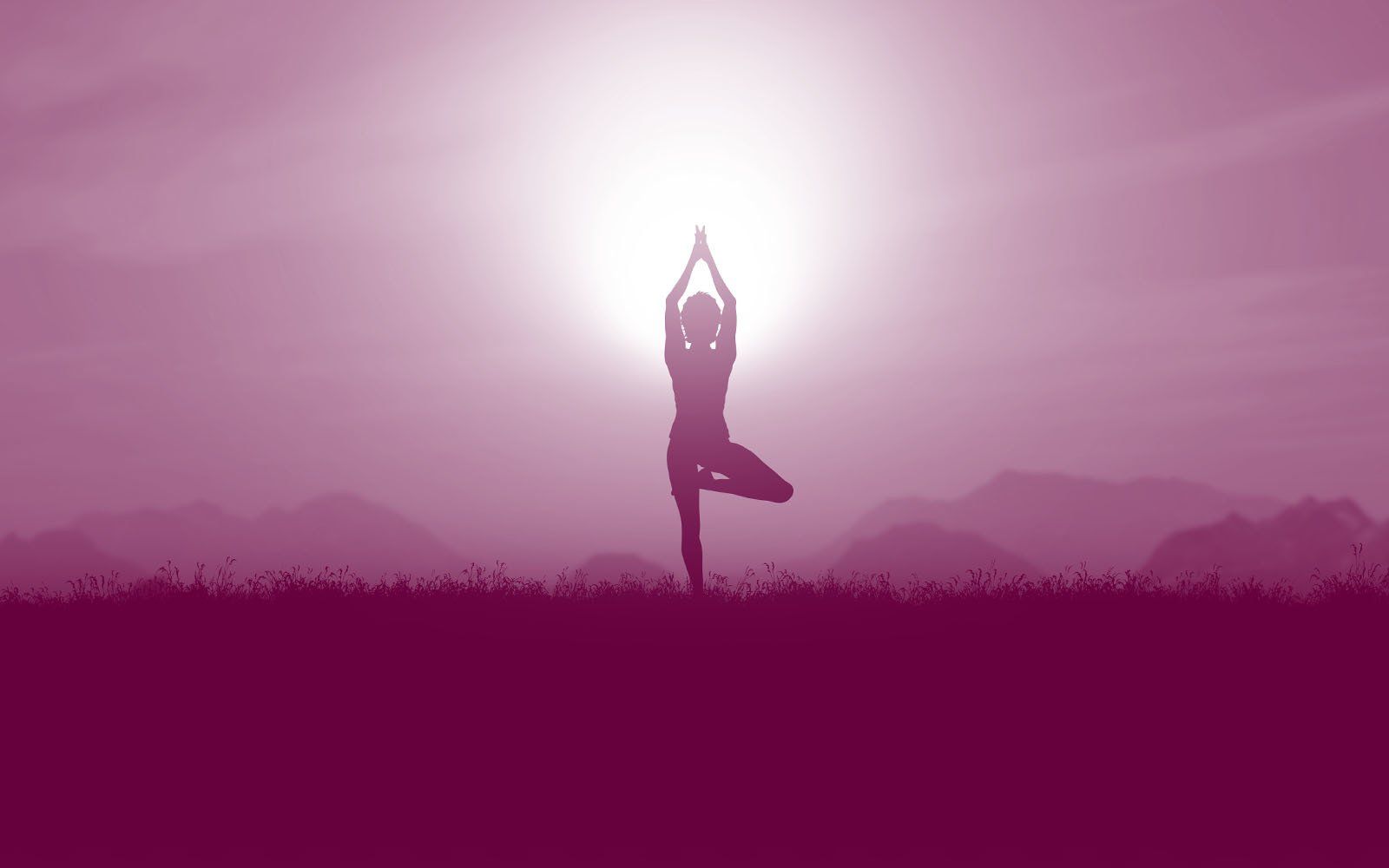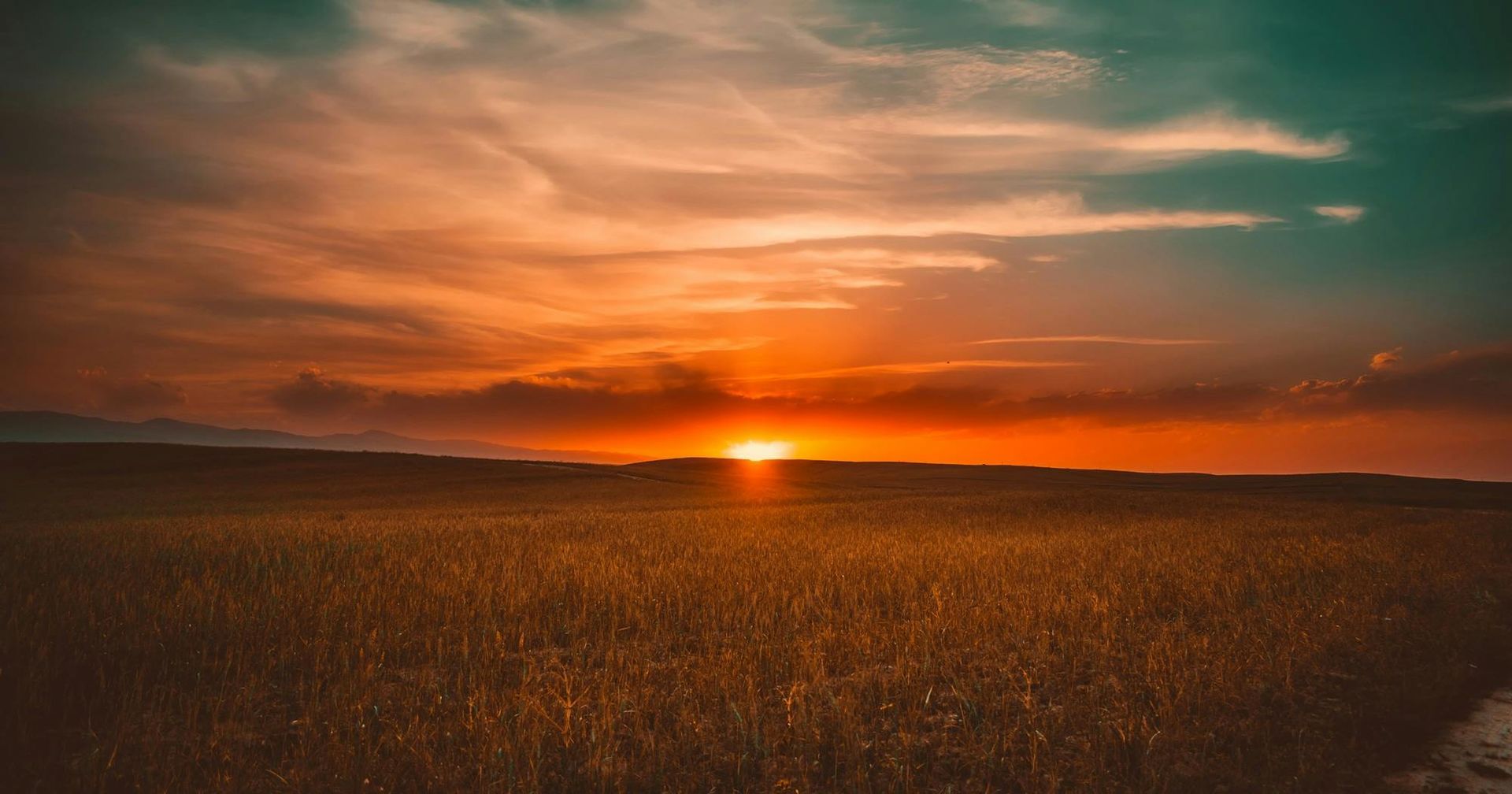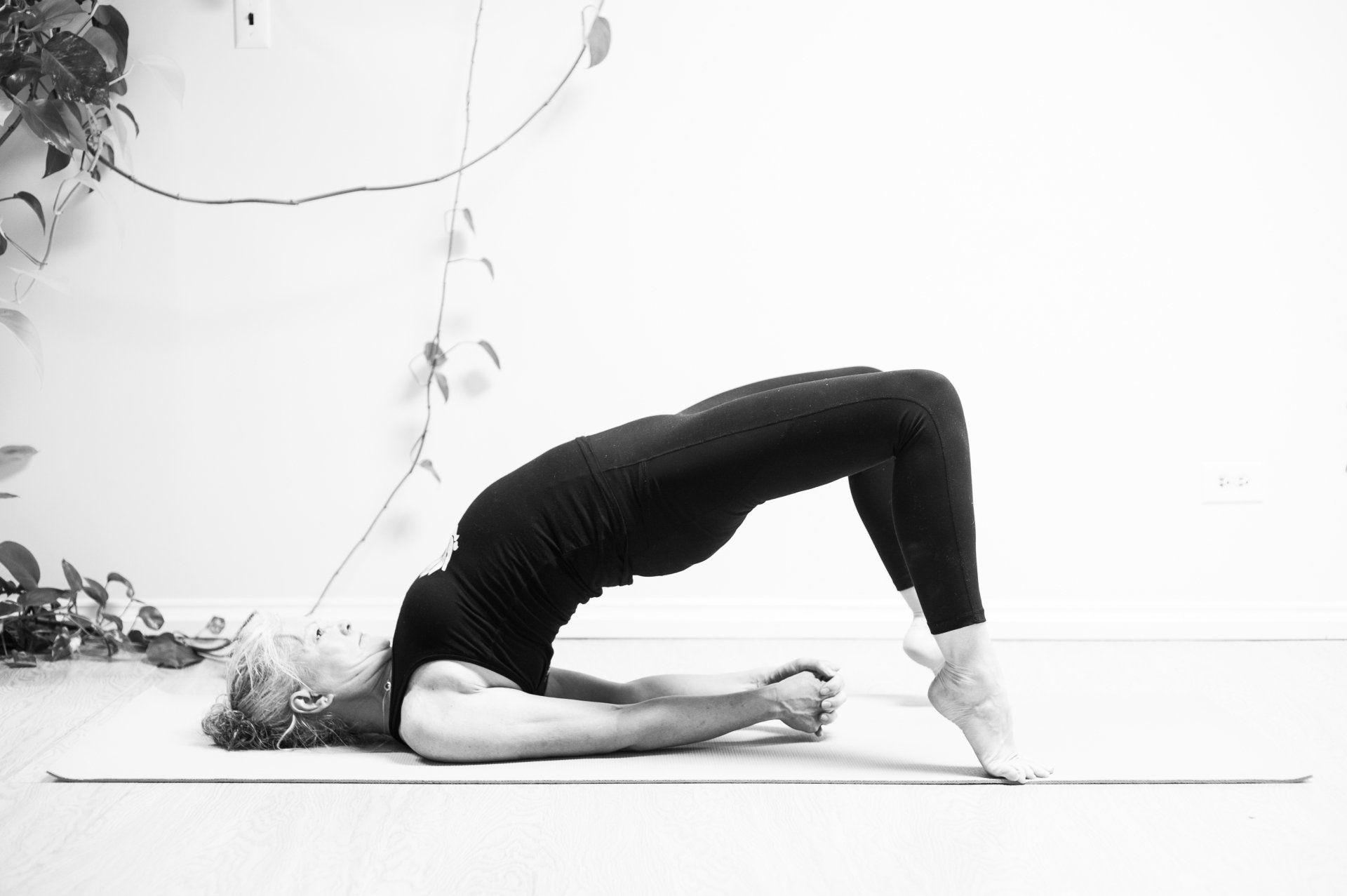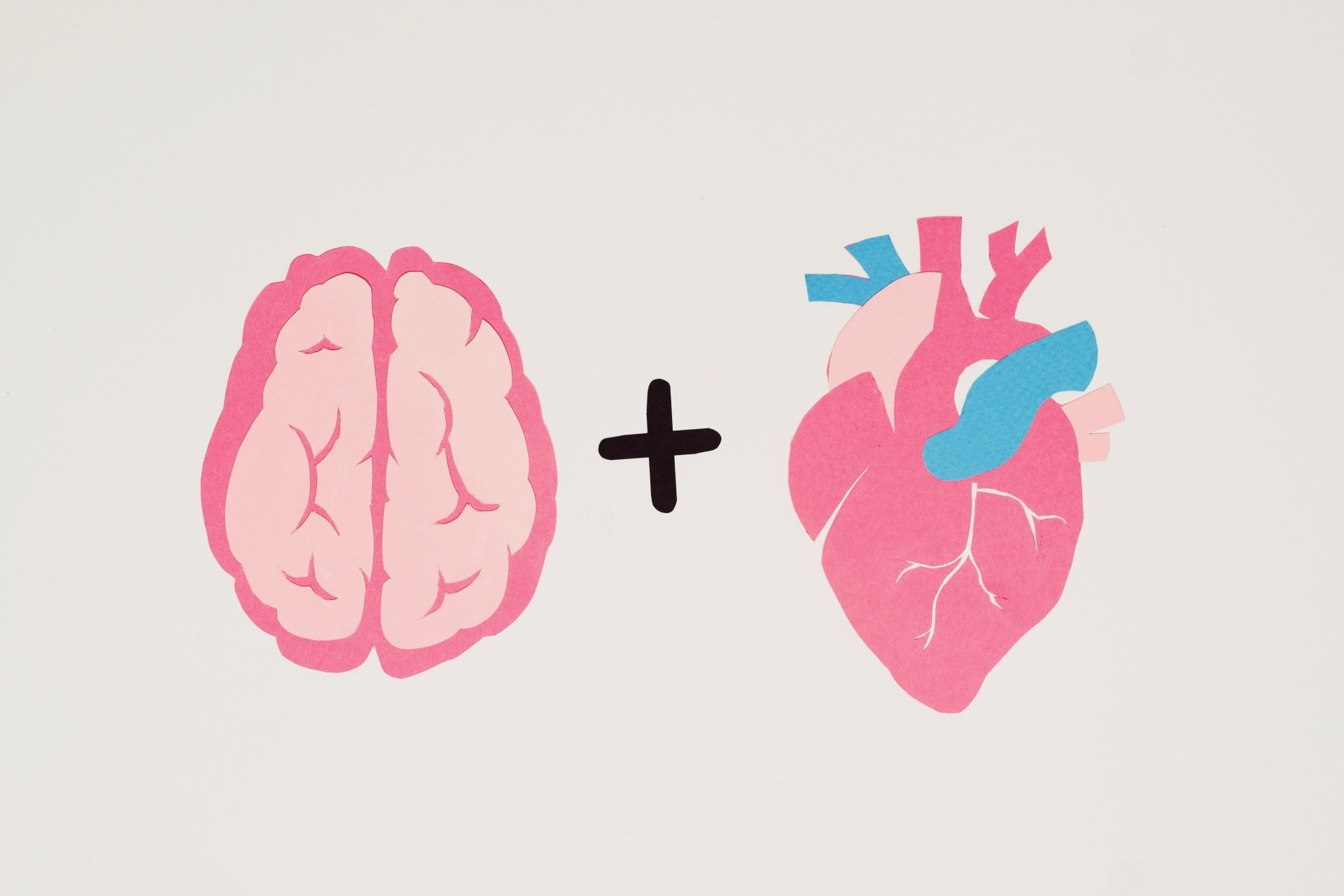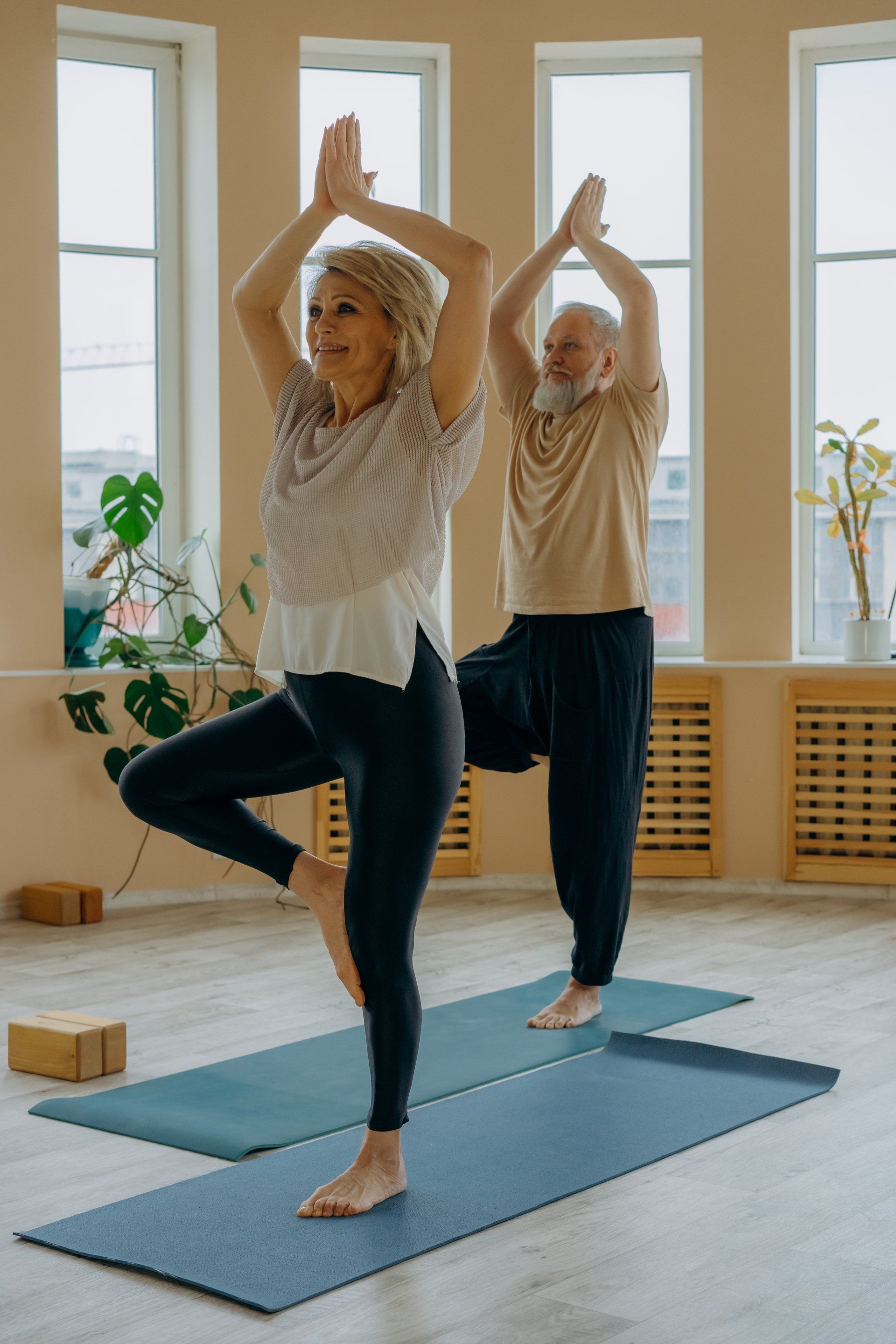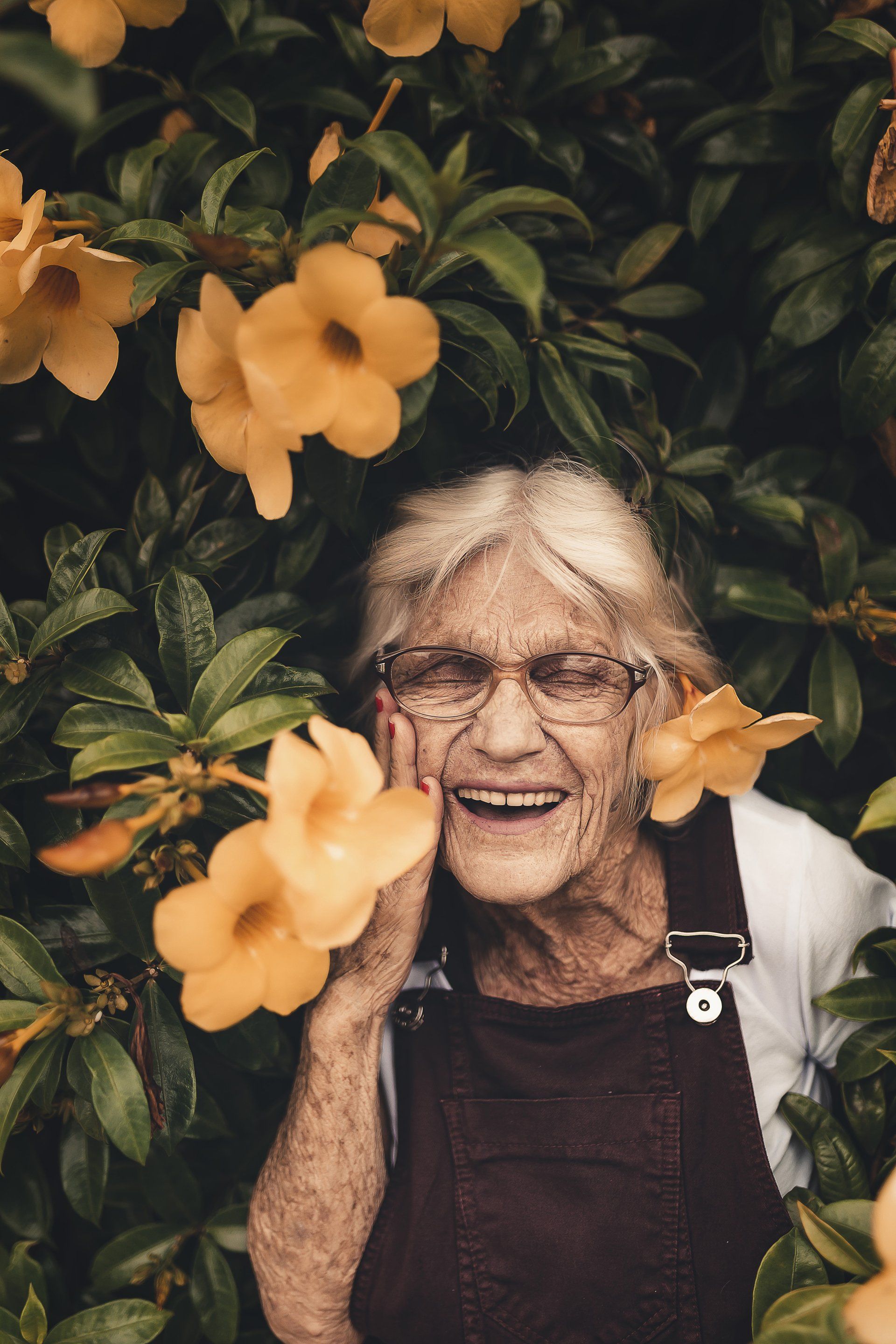TDY Blog

“The secret of happiness is to count your blessings while others are adding up their troubles.” ~William Penn Did you know that gratitude has been scientifically proven to strengthen your immune system and make you happier, more optimistic and, contented, as well as less lonely and isolated? It’s true, and although science has just recently caught up to this fact, the ancient yogis, Buddhists and, Daoists have known it for years - all talk about gratitude in their ancient learnings. I often, during a class, suggest my students stop and take a moment to reflect on a few things they are grateful for. Sometimes it’s also helpful to bring to mind a thing, person or, situation that you perceive as not being something that you should feel grateful for, like a challenging work situation, if you’re feeling unwell, your garden fence blowing down in a storm, or the loss of a much-loved pet. It is human nature to go to a negative place when things are not as we feel we want them to be. We very quickly see how we will be negatively impacted by a situation and often don’t look for the positives. We can often not even consider the possibility of a positive outcome. We are wired for “negative bias” - it’s what helped us survive as cave people. It’s not always easy to cultivate an “attitude of gratitude” We can all spin into discontent, particularly into today’s social media world, where we are inundated with pictures and comments of friends, acquaintances, and maybe even strangers seemingly perfect, exciting, blessed lives. We compare and then can become disgruntled. It’s amazing how fast this can happen. We start down a very slippery, steep slope, maybe seeing an Instagram story of friends having fun while we are working, or a family member’s beautiful house and garden while we are renting a single room apartment. What starts as grumblings of discontent can quickly turn into envy. Instead of being happy for these people, and grateful for what we have, we slip out of harmony and gratitude and tumble down the discontent rabbit hole into unhappiness. With our negativity bias, we are far more likely to notice what is wrong with our lives than what is right. We can easily spend more time thinking about people we are in conflict with or dislike than those we love and are in harmony with. Being Grateful Will Change You It’s impossible to feel grateful and unhappy in the same moment. Practicing gratitude protects us from our own pettiness and smallness and keeps us centered in the joy and abundance of our own life. When the winds of discontent stir us, it is the conscious cultivation of gratitude that keeps us strongly rooted in contentment. Discontentment is the illusion that there can be something else in this moment. There isn’t and there can’t be. The moment is complete. Finding yourself grateful in this very moment, even when sad, bored, impatient, depressed, disappointed or grieving builds our ability to be that tall, strong tree so rooted in the earth that great winds cannot topple it. Try it. Practice Right now This mindful present moment practice takes only a few breaths: Wherever you are lengthen the spine. Take a few conscious long breaths, lengthen the exhale a little. Relax the face, shoulders, hands, fingers and, belly. Think of a person, event or, situation you are finding challenging or struggling with. Notice what happens to your breath and body as you recall the person, event or, situation. Now find something to be grateful for surrounding this person, event or, situation. If you can’t find anything give thanks for the opportunity of growth in dealing with this challenge. Observe how you feel. If you feel so inclined you can journal any observations. Last tip: Even if you’re not “feeling it” do it anyway. Fake it ‘til you make it. It gets easier with practice and you will find yourself naturally looking for the opportunity to be grateful when ill feelings, discontent or, unhappiness arise. “Some people grumble that roses have thorns; I am grateful that thorns have roses.” Alphonse Kerr Santosha (Contentment) Invites us to Fall in Love with Our Own Life Santosha is one of the “Niyamas” (observances) as outlined in Patanjali’s Yoga Sutras: “Contentment, being at peace with yourself and others: Look to yourself and your innate goodness for happiness; that is the only place you will truly find it.” Santosha also means being present. Rather than wishing for things to be different in your life, accept and appreciate the reality of what is. Do you need things to be different to be happy? Choose to be happy now. Cultivate santosha by making gratitude a daily practice. Notice the moments you are happy, even if they seem to be few and far between. Keep a gratitude journal. Count your blessings. Remind yourself often, “I have enough. I am enough.” Cultivate an attitude of gratitude every day. Find ways to practice gratitude every day. Here are a few tips to help you get started. I would also love to hear your tips and tricks for cultivating an “attitude of gratitude”. If you notice you’re feeling irritable or stressed, pause for a few minutes and challenge yourself to notice something, anything, to be grateful for right now. Start a blessings list. Write down something you appreciate, then another thing. Number your blessings and add a few each day until you reach 100 - maybe keep it on the fridge in full view. Practice the “Loving Kindness” mantra I frequently use at the end of class, and send to a loved one, a friend, a foe, a person neutral to you, yourself: May my heart be filled with loving kindness; May I be well; May I be at peace and at ease; May I be happy. When you wake in the morning quote this from Maya Angelou: “This is a wonderful day. I’ve never seen this one before.” Fake it ‘til you make it - if a friend or family member has something that may make you envious, wish them well in their good fortune anyway, before you tumble down the rabbit hole of discontent. If you are grieving a loss, allow yourself to grieve, but also try to give thanks for the precious time you had with the person, pet, plant, thing, etc. - this also gets easier with practice. Remember - always be kind to you. Everything you are is enough. There is a simple saying to keep in mind, “The Tao loves a grateful person.” A contrasting thought, who or what likes an ungrateful person? Ahhh, there you go! With that, I am deeply grateful to all my students, past and present, and thank you for reading my blog! Happy practicing, Tracey


